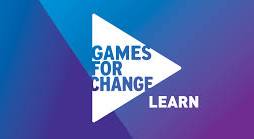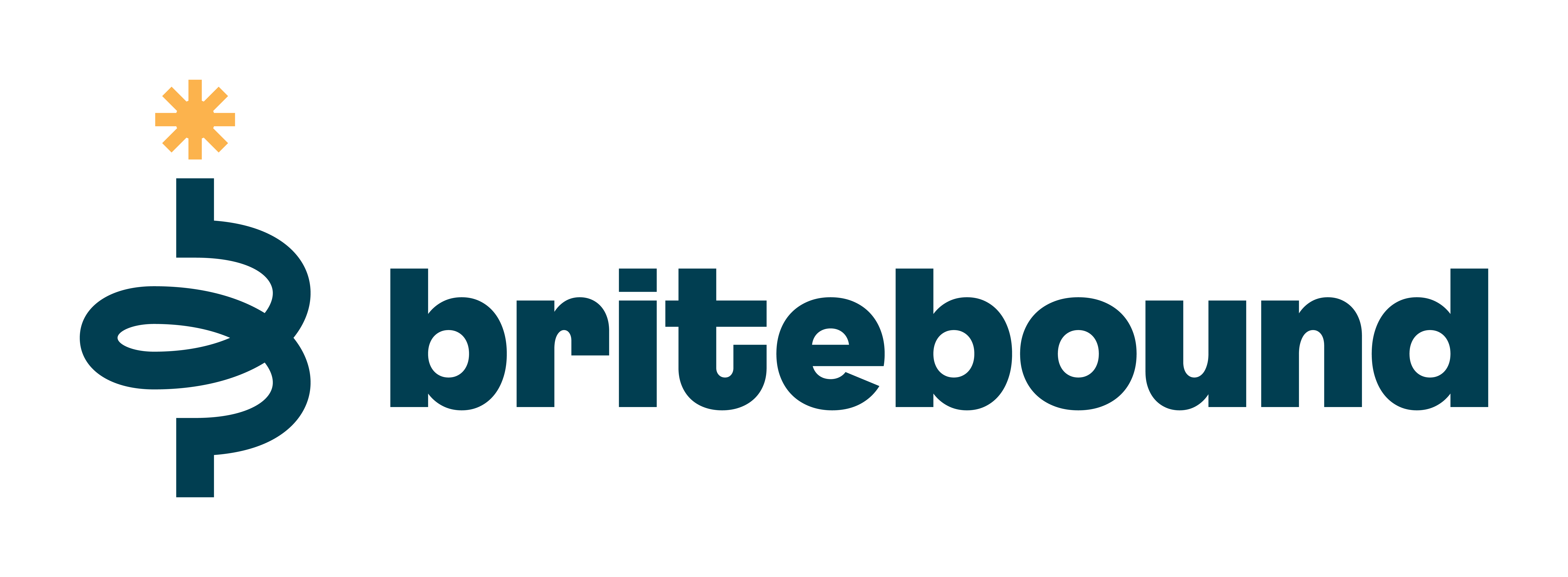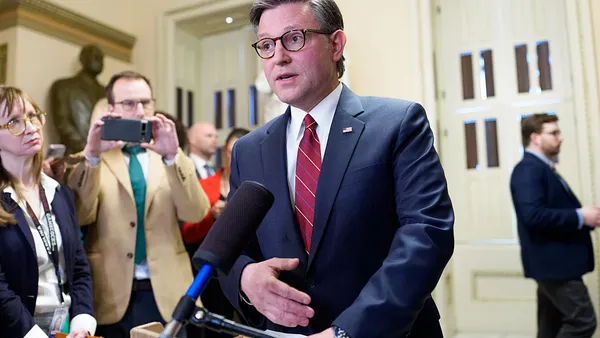Speakers at a public listening session hosted by the U.S. Commission on Civil Rights on Friday offered varying solutions to the special education teacher shortage crisis, including encouraging teacher candidates to become dually certified in content courses and special education.
But mostly, they spoke about the hardships faced by both students with disabilities and the schools they attend when there aren't enough highly qualified special educators.
Aaron Parsons, public policy chair for the National Association of Private Special Education Centers, said administrators at private special education centers often wind up providing direct services to students with complex needs because of the lack of educators.
"The situation isn't tenable, and we believe we're approaching a tipping point," Parsons said. "If we reach this tipping point, the impact will be profound. Students with disabilities may face increased dependency, reduced opportunities for employment, greater social isolation, and in turn, this will place a greater burden on social services and the broader community."
Private special education centers support students whose needs are often greater than what public schools can provide, with tuition paid either by families or districts.
Parsons suggested prioritizing recruitment and retention of special educators through competitive salaries and comprehensive training programs.
"I don't believe it's too late to start taking these steps, but I do want to sound this note of caution that the administrators and the other staff in nonpublic settings are reaching a point of exhaustion due to this shortage of teachers," Parsons said.
Parsons was one of 15 speakers at the virtual session where USCCR commissioners listened to testimony from educators, parents, organizations and community members during the 1 1/2-hour long meeting. The session followed up on a Nov. 15 briefing in Washington, D.C., where panelists shared recommendations for increasing the special education workforce, including salary increases, reduced paperwork, expanded school choice, and robust teacher career pipelines.
The commission plans to issue a report on the topic to the president and Congress in the latter half of 2025.
At Friday's listening session, parent Mike Beebe spoke about the delays for services such as occupational therapy and evaluations that his 1st grade son, who has autism, faces due to teacher shortages.
"My son's story is more common than most people realize," Beebe said. "For the 7 ½ million children in the U.S. with disabilities, waiting is the norm."
Beebe added, "Waiting for services is painful, waiting is wasteful, waiting is inhumane. It doesn't have to be that way."
Debra Tisler, a mother, advocate and former special educator, said that while teacher shortages in special education are not new, the problem is getting more severe. Schools that have trouble hiring special educators often have to rely on underqualified substitutes and combined classrooms, which can lead to misidentifying disabilities, noncompliance with federal special education rules, and setbacks in academic progress.
"This misidentification not only compromises the quality of education, but limits progress for students and their future outcomes," Tisler said. "The consequences of these shortages are far reaching."
Donald Garner, founder and principal consultant of Clark and Garner, a New York City-based educational consulting firm, recommended more funds and incentives be dedicated to colleges and universities to motivate and train their students who are pursuing education careers to become dually certified, particularly in special education.
Previously, Garner worked as teacher recruitment manager for New York City Public Schools. In that role, Garner said, "one of our greatest challenges we faced each year was finding right-fit candidates to meet the unique needs of students with disabilities in our system. In other words, these students were more at risk of not having enough teachers to educate them.”







 Dive Awards
Dive Awards







